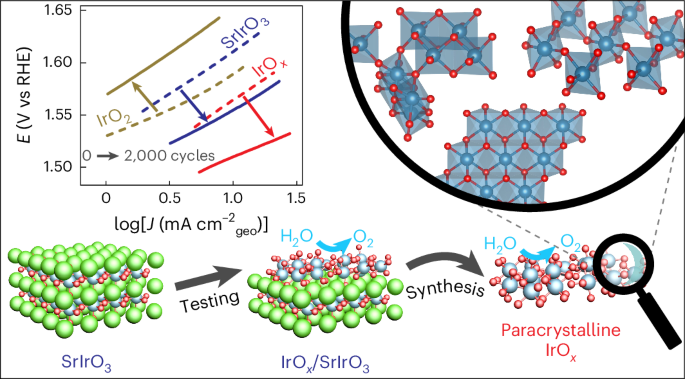2024-07-24 ノースカロライナ州立大学(NCState)
 Photo credit: Franck.
Photo credit: Franck.
<関連情報>
ワイヤレスネットワークにおける信頼性の高いエッジキャッシングのためのデジタルツイン支援によるデータ駆動型最適化 Digital Twin-Assisted Data-Driven Optimization for Reliable Edge Caching in Wireless Networks
Zifan Zhang; Yuchen Liu; Zhiyuan Peng; Mingzhe Chen;…
IEEE Journal on Selected Areas in Communications Published:22 July 2024
DOI:https://doi.org/10.1109/JSAC.2024.3431575
Abstract
Optimizing edge caching is crucial for the advancement of next-generation (nextG) wireless networks, ensuring high-speed and low-latency services for mobile users. Existing data-driven optimization approaches often lack awareness of the distribution of random data variables and focus solely on optimizing cache hit rates, neglecting potential reliability concerns, such as base station overload and unbalanced cache issues. This oversight can result in system crashes and degraded user experience. To bridge this gap, we introduce a novel digital twin-assisted optimization framework, called D-REC, which integrates reinforcement learning (RL) with diverse intervention modules to ensure reliable caching in nextG wireless networks. We first develop a joint vertical and horizontal twinning approach to efficiently create network digital twins, which are then employed by D-REC as RL optimizers and safeguards, providing ample datasets for training and predictive evaluation of our cache replacement policy. By incorporating reliability modules into a constrained Markov decision process, D-REC can adaptively adjust actions, rewards, and states to comply with advantageous constraints, minimizing the risk of network failures. Theoretical analysis demonstrates comparable convergence rates between D-REC and vanilla data-driven methods without compromising caching performance. Extensive experiments validate that D-REC outperforms conventional approaches in cache hit rate and load balancing while effectively enforcing predetermined reliability intervention modules.



